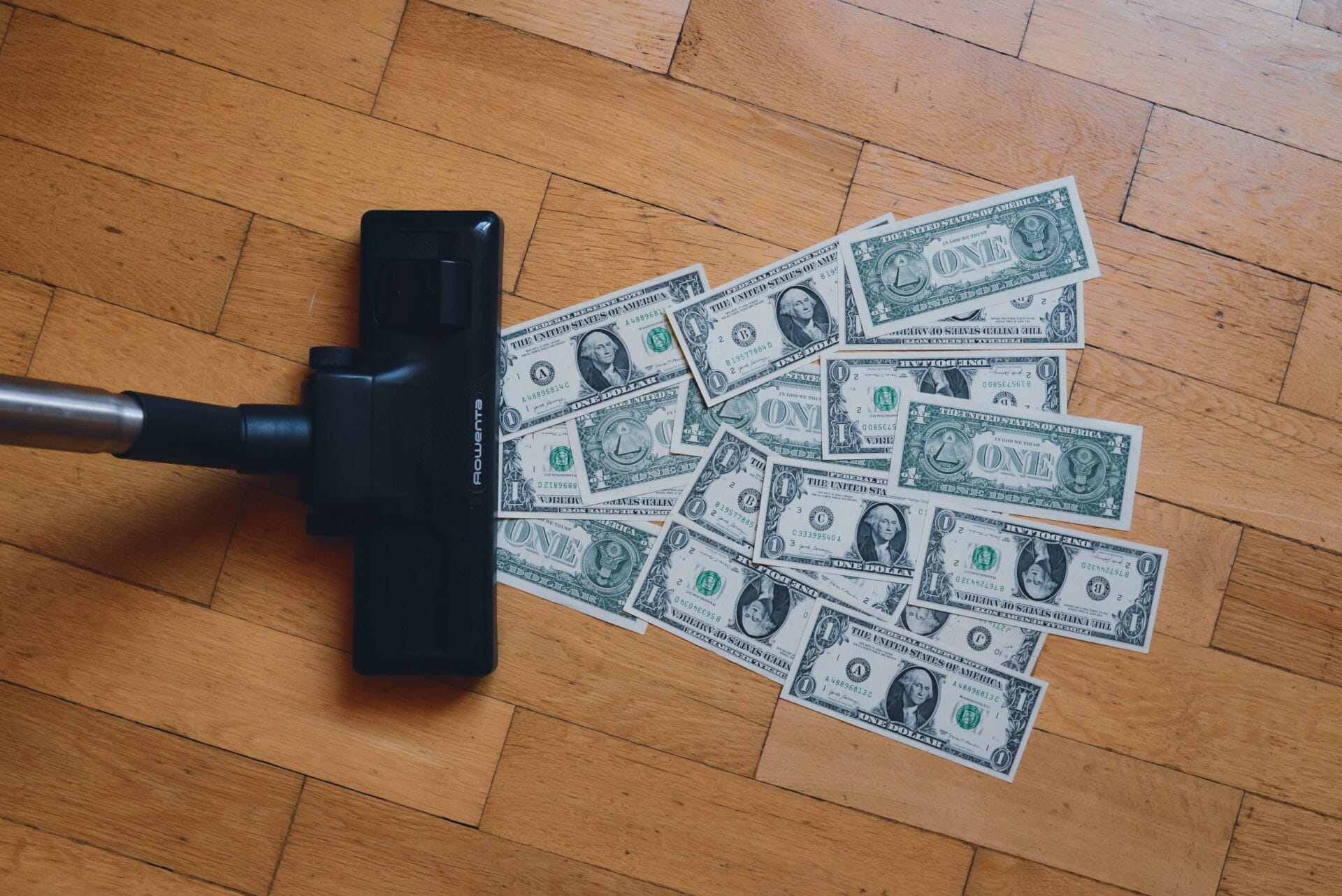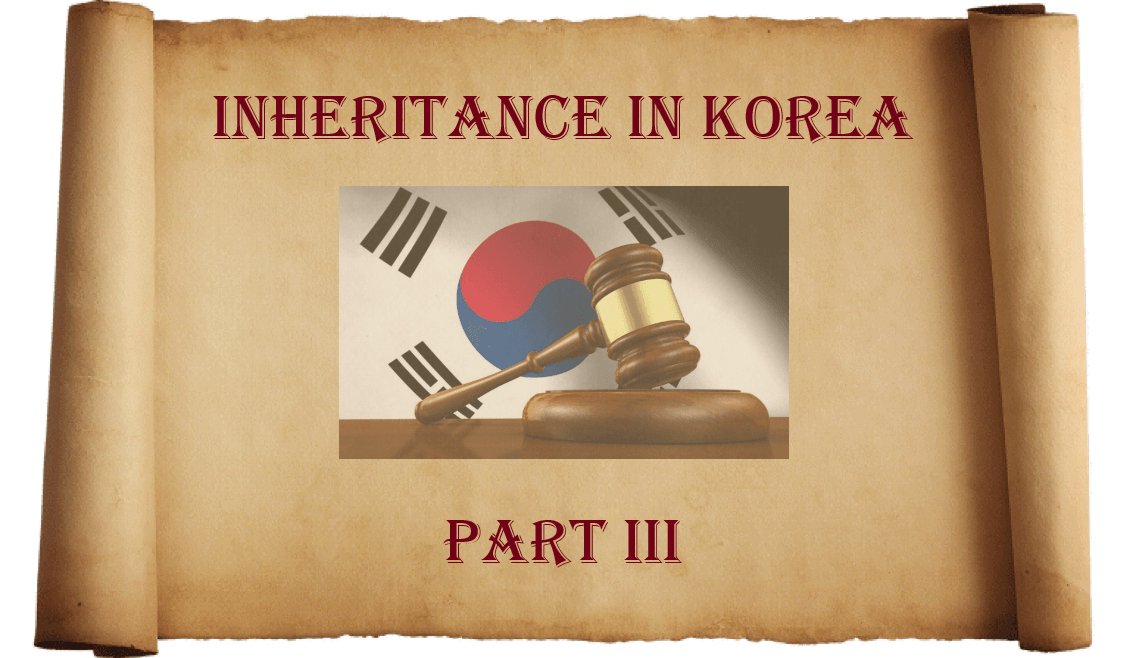5 Steps for Collecting Debt in Korea (in and out of court)

Collecting Debt from Korea
There are many different ways to collect on debts in Korea.
Pureum Law Office (PLO) has been helping international clients collect debts since 2014.
With over 200 debt collection cases under our belt (money they lent, payments for goods, etc.) from a person or a company via lawsuits and compulsory execution.
There are cases when collecting a debt is not possible due to the other party’s insolvency despite winning the case in a trial, however, whenever the debtor does have resources to pay off the debt, we do not rest until tracking down the debtor, receiving the money, and transferring it to our client.
Today we will briefly explain the 5 steps for collecting debt in Korea.
1. Case analysis
First of all, we have to determine whether the client (hereinafter “overseas creditor”) has grounds to request payment from a person or company in Korea (hereinafter “domestic debtor”). It is always better if there is a promissory note, a contract or another document, but even if there isn’t, an e-mail, etc. where the domestic debtor promises to pay back could be enough for a debt claim by the overseas creditor.
2. Demand letter and financial investigation
If it gets determined that the overseas creditor does have the right to receive payment from the domestic debtor, Pureum Law Office will send a demand letter to the domestic debtor where it will inform the latter about the amount of money to be paid, time frame set for such a payment, method of payment and possibility of a lawsuit against the debtor in case the demands laid out in the letter will not be satisfied. Even though we say we are informing the debtor about these matters, from the debtor’s point of view it is more of a warning to comply with provisions of the letter or be sued, so the fact that it is a mere “informing” does not matter.
Also, if the debt in question that the overseas creditor is going to receive from the domestic debtor is commercial (i.e. if the overseas creditor has documents like a contract, the domestic debtor’s business license, etc.), PLO can conduct a financial investigation about the domestic debtor via specialized institutions. Such an investigation can reveal whether the domestic debtor has real estate property or automobiles and what his or her primary bank is. This information is important because it can be used by us later for provisional attachment of the debtor’s property.
3. Civil and Criminal litigation and preservative measures
If there is no reply from the domestic debtor after receiving the demand letter sent by PLO or if the payment has not been made by the designated date, we immediately proceed with filing a lawsuit against the domestic debtor.
If it turns out that the domestic debtor did not have the intention to return the money he or she took from the overseas creditor and wanted to get away with that from the very beginning, such actions constitute a crime of fraud under the Criminal Act and therefore we, prior to filing a civil lawsuit, files a criminal suit against the debtor first. If the domestic debtor gets convicted of a crime, the judgment will be used as important evidence in the following civil lawsuit that can be filed after that.
If the information about the domestic debtor’s property is provided by the overseas debtor or it is revealed through a financial investigation, in order to secure the future compulsory execution of the court’s decision, then we will use such information, files for a provisional attachment, injunction, etc.
4. Compulsory execution
PLO first decides whether there is enough evidence to proceed further, which is why our win rate for cases is so high. Once we win a case and the judgment becomes final and conclusive, we immediately proceed with initiating the process of compulsory execution.
If there is provisionally attached property, the sentence is executed against that property first, however if the domestic debtor’s property has not been established yet, an application for a statement of property is filed and at the same time an application for attachment of the debtor’s deposit bonds at the four biggest banks in Korea, as well as the debtor’s personal property at his address is filed as well.
If the application for attachment of the debtor’s deposit bonds gets approved, it would be good if there are deposit bonds at a bank, however even if there are not, there is still a certain effect caused by these measures resulting in a lower credit rating and increased loan interest for the debtor. Attachment of the domestic debtor’s personal property in his house (TV, refrigerator and other home appliances) can significantly add to the pressure on the domestic debtor, which increases the probability of the domestic debtor’s payment voluntarily.
5. If there is no property belonging to the domestic debtor
If, after PLO submits an application for a statement of the domestic debtor’s property, he or she says that there is no property, we submit to the court an inquiry and check the property the debtor actually has. An inquiry about property lets us check all domestic financial institutions and related divisions and find out whether there are any real estate property, deposit bonds, premium bonds, etc. under the domestic debtor’s name. If after this nothing is found, we register the domestic debtor as a defaulter, which results in the debtor’s inability to conduct economic activities.
Moreover, a continuous attachment of the domestic debtor’s movables means that the debtor will not be able to move anywhere else. And if the domestic debtor moves to another area and does not report his or her new place of residence in an attempt to avoid attachment of the movables, we will file a complaint to the respective Gu-office and the domestic debtor becomes an unknown resident with an expunged resident registration. In this case, the domestic debtor will not be able to make any financial transactions, find a job and do other economic activities, including the inability to get the benefits of medical insurance and if the debtor has children, they will not be able to receive national education.
At this stage, most of the debtors contact Pureum Law Office by themselves and ask for a lifting of the legal measures in return for repaying of the debt, little by little.
Rather the winning a case, we think what is more important is the actual return of our clients’ money. Apart from litigation, we employ all means and ways to get back the overseas creditor’s money and return it to the creditor.
The most important thing is the prevention of a problem. Before giving money, an overseas creditor that does not live in Korea anymore should consider whether it will be possible for him or her to enforce a loan agreement or get the money back from the domestic debtor.
If you have any questions regarding debt collection in Korea, you can always contact our office we will gladly help you.
If you cannot afford a private lawyer for our debt collecting case, you may ask help from Korean Legal Aid Corporation.




